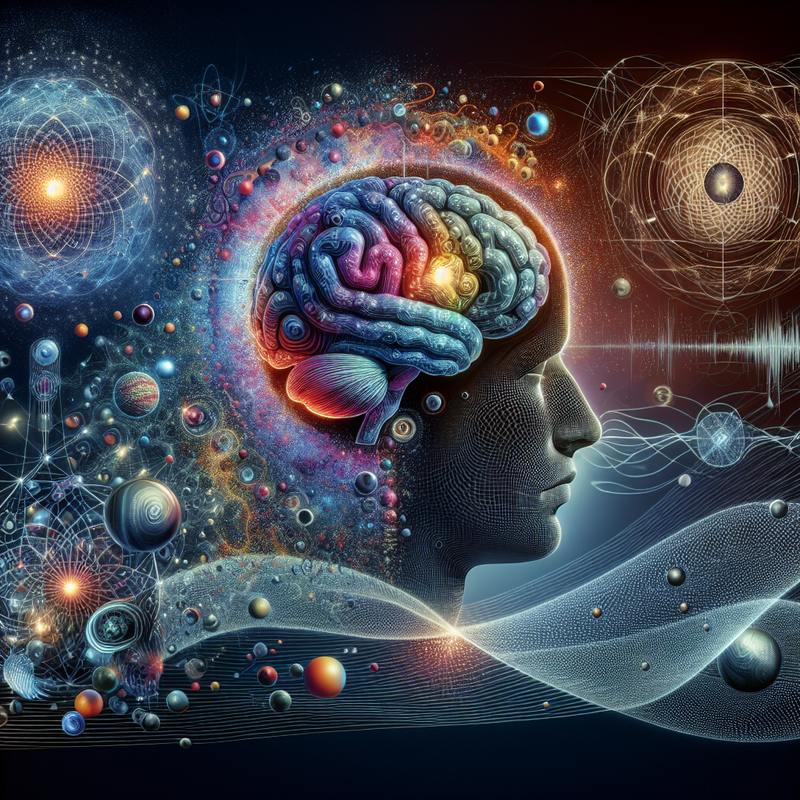Pioneers in the realm of science are venturing into uncharted territories
as they explore the captivating convergence between quantum mechanics and spiritual concepts, delving into the enigmatic essence of reality and the human consciousness.
Linking Quantum Mechanics and Consciousness
The notion of quantum entanglement describes a state in which particles remain connected over any distance, a subject of research relevant to fields like quantum computing and the exploration of outer space. However, it’s this phenomenon’s implications on the study of consciousness that have sparked avid discussions and diverse viewpoints. In 2003, Physicist Roger Penrose postulated that consciousness could arise from quantum wave function collapses. Neuroscientist Stuart Hameroff later expanded on this idea by suggesting that brain neuron’s microtubules could function as quantum information processors.
Theory of Orchestrated Objective Reduction
Expanding upon these groundbreaking concepts, Hameroff introduced the Orchestrated Objective Reduction (Orch-OR) theory. This theory advocates that quantum events in neural microtubules are the foundation of consciousness. Orch-OR proposes a broader conceptualization of consciousness that may transcend individual human minds to encompass widespread systems that participate in quantum entanglement. It proposes a unified cosmos, deeply interconnected in every aspect.
Implications of a Multiverse
The concept of a multiverse, implied by quantum entanglement, entertains the idea of countless coexisting universes. Discussions on this multiverse concept and its potential effects on the view of consciousness are invigorating the scientific community and philosophers alike. These debates test the limits of traditional beliefs regarding the nature of existence and the continuum of spacetime.
Advances in Quantum-Spiritual Studies
Amidst these evolving dialogues sits an emerging field of study: the pursuit of knowledge in quantum consciousness. This innovative branch of science aims to decode the interactions between the laws of quantum mechanics and the experiences of consciousness, utilizing advanced methods such as quantum computation and neuroimaging. Its mission is to demystify the personal experiences of the mind, possibly reshaping our grasp on what it means to be human.
Thought leaders like Brian Greene encapsulate the mystery of our universe by stating, “The universe is not only stranger than we think, but also than we can think.” Continuing studies into the enigma of quantum mechanics intertwined with spiritual understanding may carve a path to newfound insights about life’s interconnectedness and prompt a collective reevaluation of the integral ties between formerly distinct domains of intellect..
















